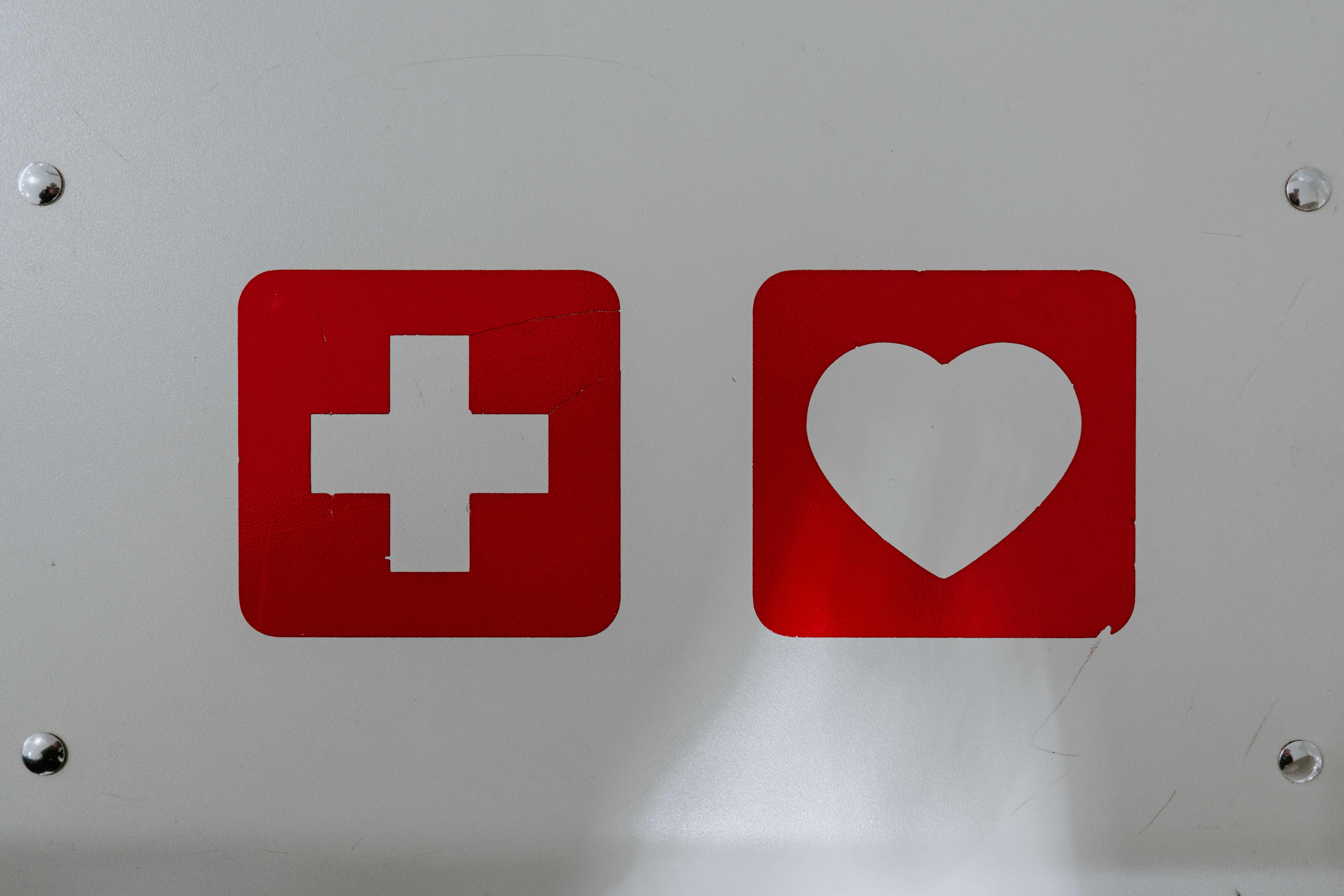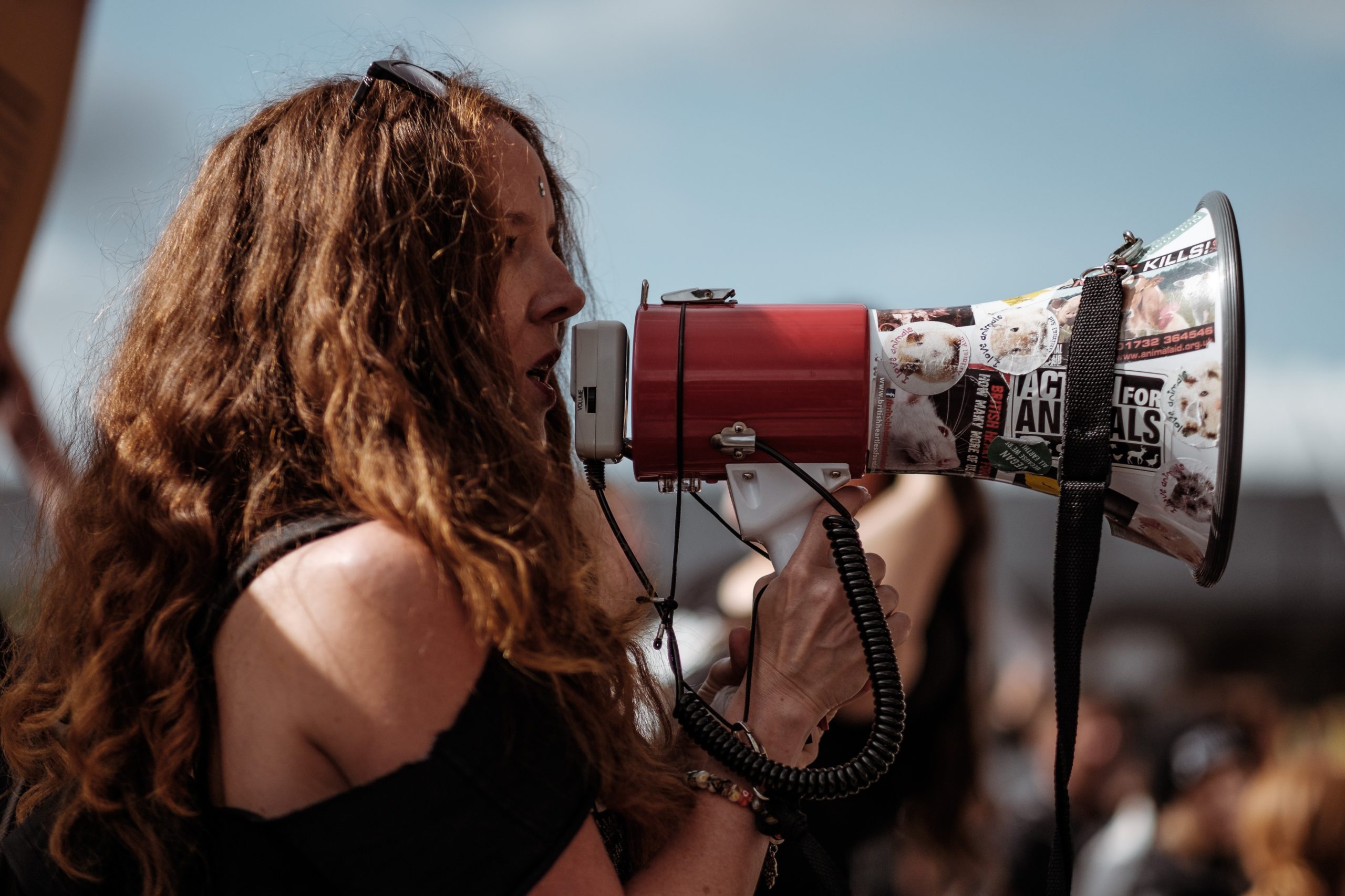All sorts of emergencies can come up in the workplace, whether they’re caused naturally or by peoples’ actions. If something were to happen in your workplace, would your employees know what to do? Unless they are properly trained and systems are put in place, then a disaster could lead to confusion and uncertainty, or even put lives at risk. Here’s how to ensure your employees are well prepared.

Have an evacuation plan in place
If there’s a fire or other incident in your workplace, then it’s important to put an evacuation plan in place and to ask people to gather in a safe location away from the building. You should work out the best routes for people to take and ensure they’re clearly signposted, and train people as marshals, who can encourage people to leave the building when alarms go off and help those who need assistance.

Get the right first aid supplies
When an emergency situation occurs, there are likely to be injuries and people who need first aid. Under OSHA guidelines, some of the basics you should have on-site include:
- Bandages
- Sterile pads
- Tourniquets
- Medical gloves
- Burn treatments
- Eye and skin washes
- Antiseptics
- Splints
These can help you deal with some of the most common injuries in emergency situations, so make sure you are well stocked and that you have enough people trained in first aid in your company. Remember, if there’s an emergency, there may be members of the public or visitors around who need help too.
Don’t delay in seeking medical assistance. First aid isn’t the same as medical treatment, so ensure that ambulances are called as soon as possible after the incident so that the professionals can take over.
Ensure there’s safety equipment on hand
It’s hard to prepare for every emergency that may occur, but you should make sure there are basic items that could be used for various incidents such as traffic cones, masks, high-visibility vests and similar items. If you work in an industrial environment, you may need specialist items such as oil spill kits, which can help soak up these substances.

Keep people informed
From getting people out of the building, to updating them on the situation, communication is key when it comes to emergencies. In cases such as natural disasters, your workplace may be shut for several days, which means employees will either need to work at another location or work remotely. It’s a good idea to work on a disaster recovery plan to ensure continuity of service, and so that people aren’t confused and unsure of their role.
Call your insurer
Once the emergency services have left and the situation is under control, it’s important to speak to your insurer to keep them up to date about potential claims. Insurance claims can take a long time, so it’s important to put in the initial enquiry to get things rolling. They are likely to want pictures of the damage, or to send out their assessor, so don’t start fixing things or tidying until you’ve spoken to them.







